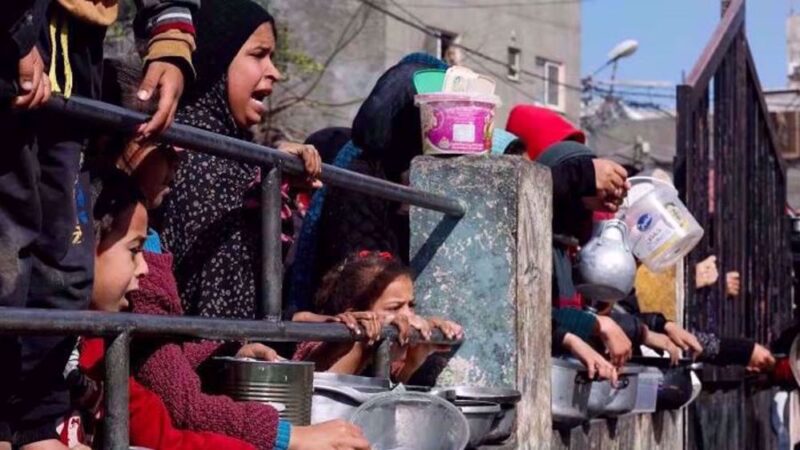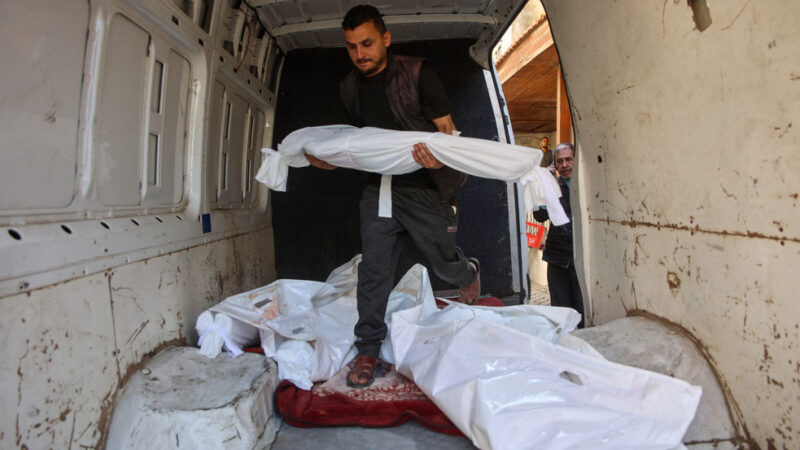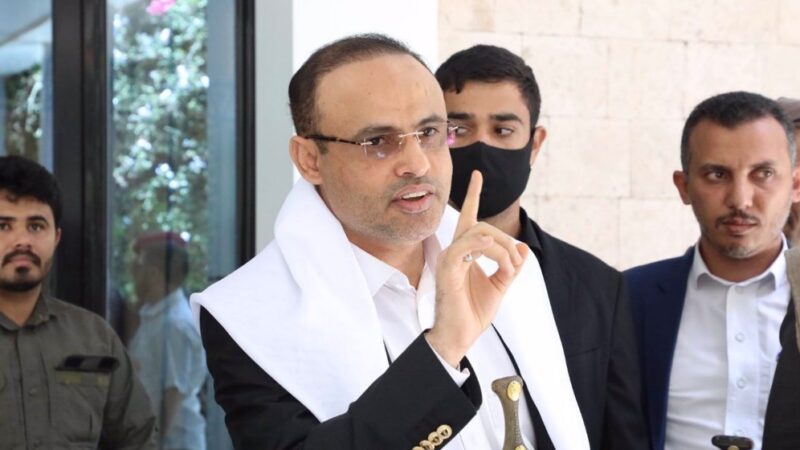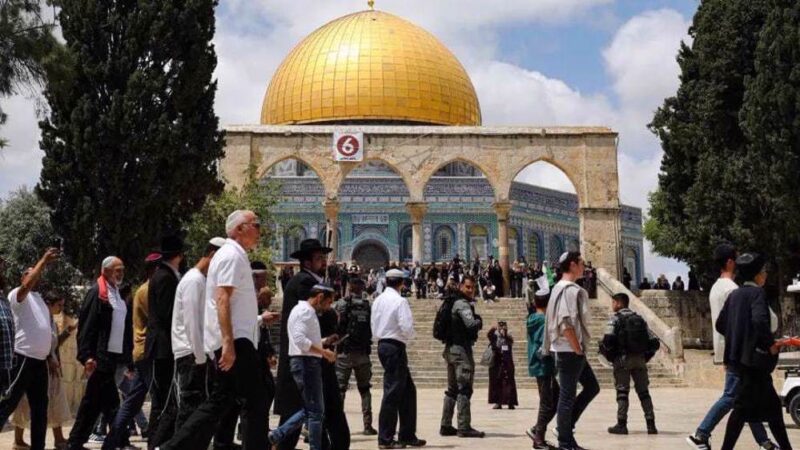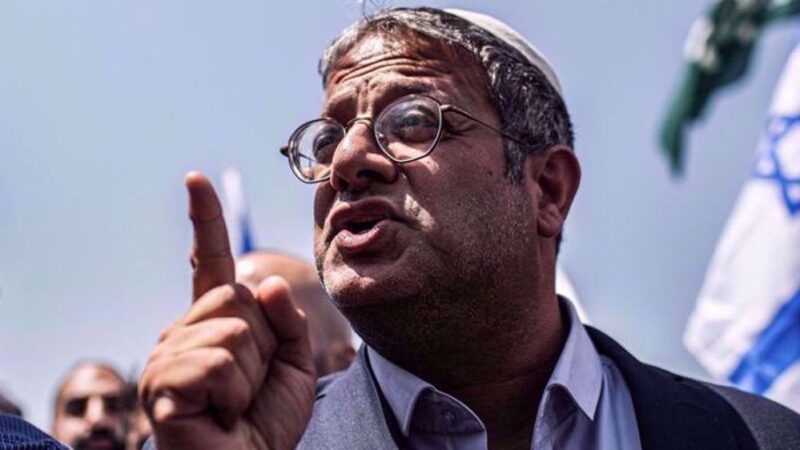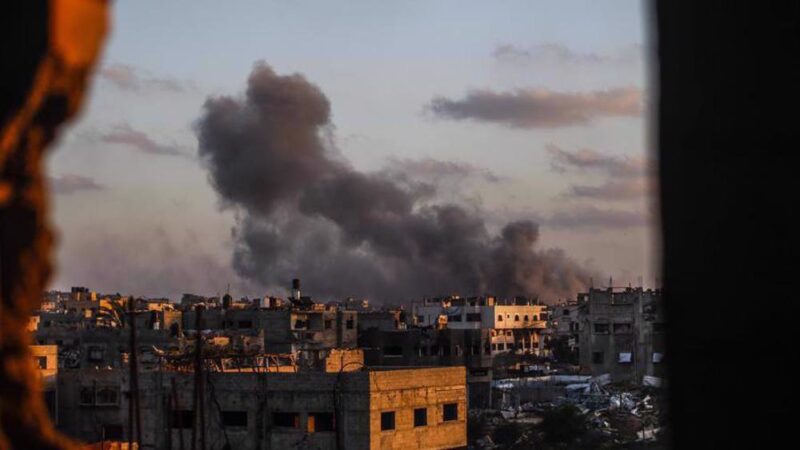Israel, Syria holding direct meetings amid Jolani's repeated overtures
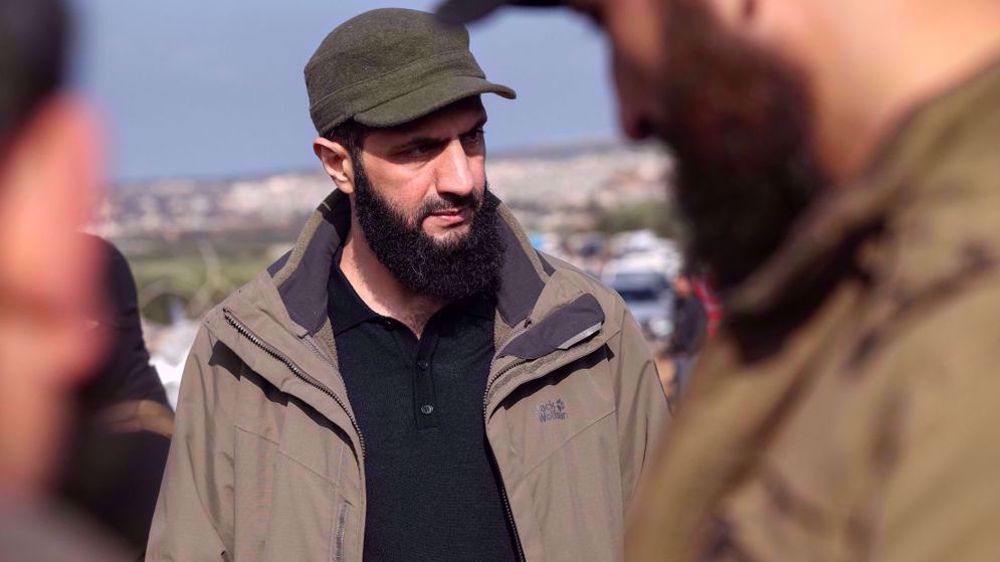
Israel and Syria are in direct contact and have, in recent weeks, held face-to-face meetings after Syria’s self-proclaimed president Abu Mohammed al-Jolani voiced a desire to eventually normalize ties with the regime.
While the direct talks are currently focused on joint security, such as reducing Israeli incursions into Syrian border villages, regional and Western sources said they may help pave the way for broader political understandings.
“For now, they are about peace, as in the absence of war, rather than normalization,” the person familiar with backchannel talks was quoted as saying.
Earlier this month, Jolani, also known as Ahmed al-Sharaa, confirmed indirect talks with Israel that he said were aimed at calming tensions.
More recently, Syria’s new leadership has approved the handover of a trove of long-dead Israeli master spy Eli Cohen’s belongings.
Jolani, once affiliated with al-Qaeda and Daesh, led the HTS militants in overthrowing the government of President Bashar al-Assad last year.
The HTS militant group seized control of Damascus on December 8, culminating a swift offensive that had begun in the northwestern province of Aleppo just two weeks earlier and ultimately brought an end to Assad’s 24-year rule.
The HTS administration has since been involved in flagrant violations of human rights in Syria, particularly against minorities, namely Syria’s Alawite minority, drawing widespread condemnations from the international community.
A series of violent clashes between HTS gunmen and members of a Druze community in Syria earlier this month left dozens of people dead and raised fears of deadly sectarian violence.
The Druze minority had a history of supporting the Assad government and standing against Israeli occupation and expansionist policies, including in the occupied Golan Heights.
After the takeover, though, the HTS and its chief Jolani began efforts, which observers have defined as its bid to deflect attention from its past, including by trying to formally communicate with Western states such as France.
The latest developments come as the US encourages the new HTS rulers in Damascus to establish relations with Israel.
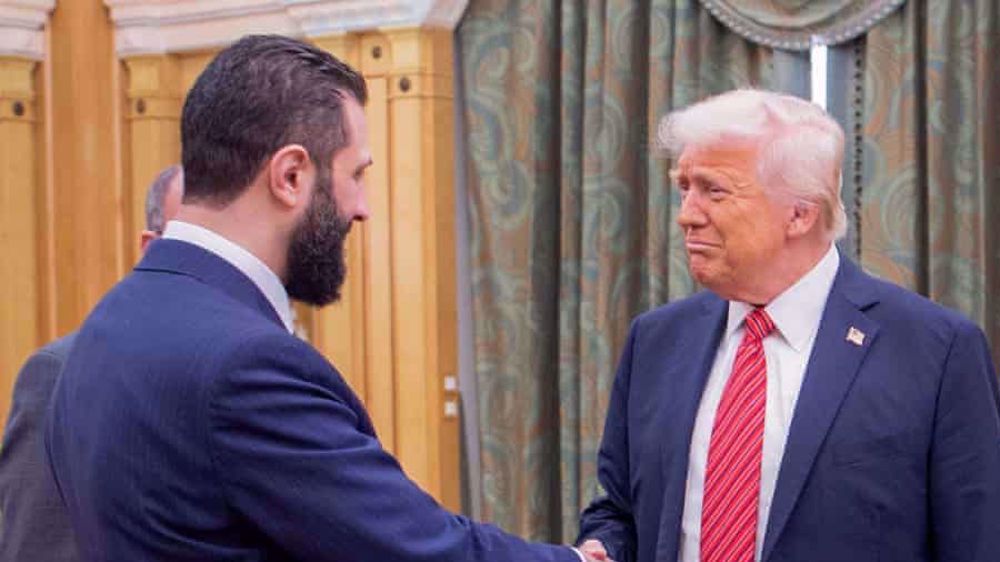
US President Donald Trump indicated after meeting Jplani during the tour of some Arab states of the Persian Gulf region that the Syrian leader was willing to eventually normalize ties with Israel.
Trump announced that he would lift the entirety of Washington’s sanctions against Syria after the new administration in the Arab country reportedly proposed making “peace” with the Israeli regime, the US’s closest regional ally.
Trump made the announcement in the Saudi capital, Riyadh, during his visit to the kingdom.
The US president also signaled to the Israeli regime that it should work to reach an understanding with the HTS leaders.
Israel, at the same time, has also been lobbying Washington to keep the country weak and decentralized.
Amid the violence, Israel launched a series of airstrikes, including one just outside the presidential palace overlooking Damascus. The aerial bombardment has destroyed much of the Arab country’s military infrastructure.
Latest reports indicate that various senior Palestinian resistance officials have now reportedly left Syria and their groups disarmed after mounting pressure from the new authorities in the Arab country.

